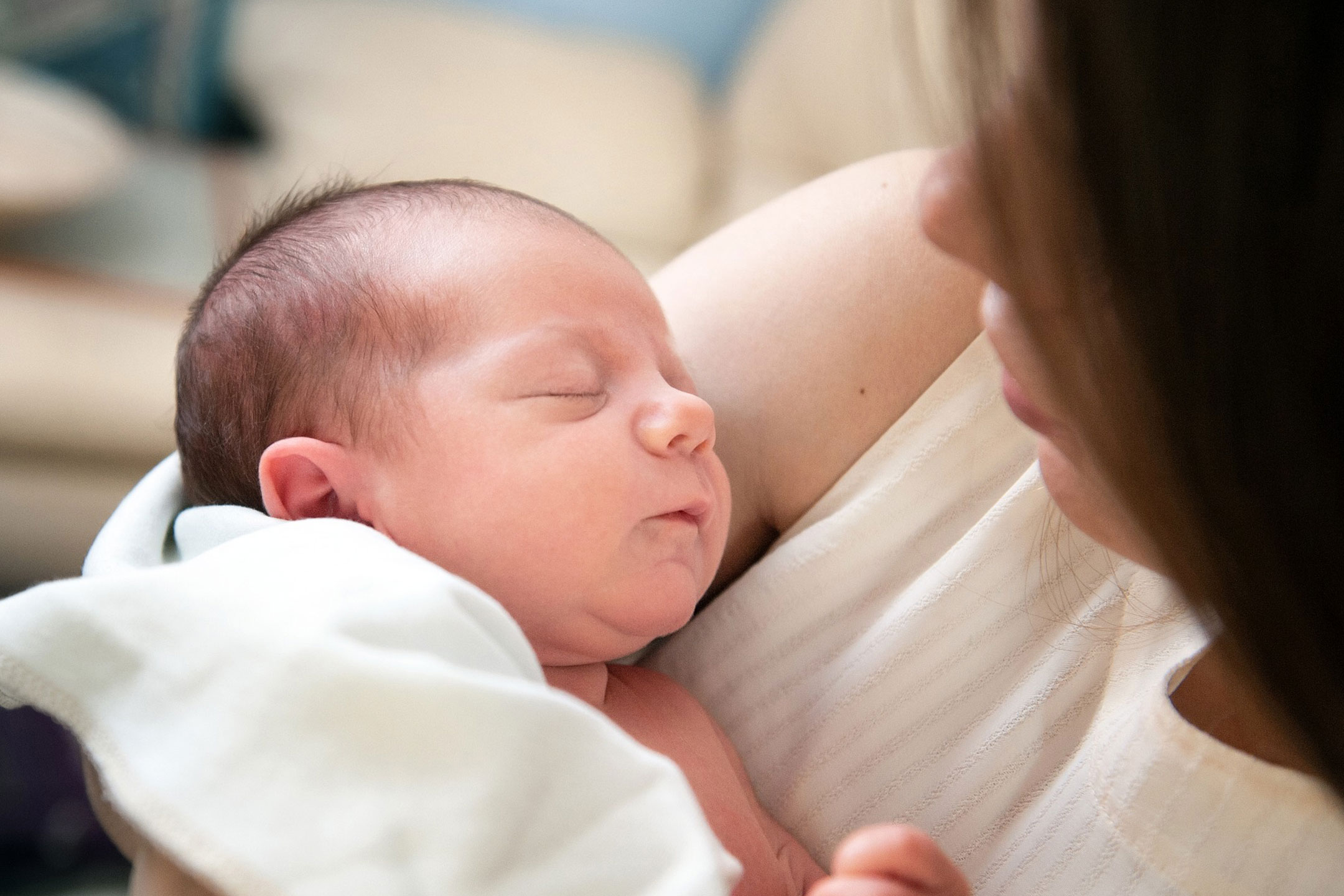
18 Sep What You Need to Know About Contraception After Giving Birth
Monash University Study Highlights the Importance of Family Planning for New Mothers
When a new baby arrives, life can be all about adjusting to your little one’s needs. But while you’re focused on sleepless nights, feeding schedules, and baby milestones, something equally important might slip through the cracks: your own health and family planning. Many new mothers believe the myth that they can’t get pregnant while breastfeeding, but the truth is, you can. That’s why making sure you have the right contraceptive information and options is so essential.
A new study led by Monash University is shedding light on the importance of early access to contraception for mothers soon after birth. The research, published in the Medical Journal of Australia, found that family planning right after childbirth can help avoid unplanned pregnancies and ensure healthier outcomes for both mums and babies.
Why It Matters
Talking about contraception during your postpartum check-ups, especially the “6-week check,” can help you and your family plan for the future. Dr. Jessica Botfield, the lead researcher, believes that these conversations should be a key part of post-birth care. She notes that spacing pregnancies at least 12 months apart reduces health risks for both mums and babies, yet many new mums are missing out on this vital information.
What the Research Found
The Monash University study explored how general practitioners (GPs) view their role in providing contraception care to new mothers. Many GPs agree that the 6-week check is a prime time to bring up family planning. They suggested that better education and training, as well as more collaboration with midwives and health nurses, could make it easier for new mums to get the care they need.
Some of the recommendations included:
– Developing clear national guidelines for postpartum contraceptive care
– Encouraging teamwork between maternity care providers
– Ensuring GPs are trained in all birth control methods, especially long-acting options like IUDs and implants
– Offering financial incentives for GPs to improve their training in this area
Debunking the Myth: Can You Really Get Pregnant While Breastfeeding?
It’s a common belief that breastfeeding acts as a natural form of birth control. And while it’s true that breastfeeding can delay your period, it doesn’t guarantee you won’t get pregnant. Here’s why:
- – You ovulate before you get your first period after birth, and it’s tough to predict when that will happen.
- – Breastfeeding exclusively may reduce your chances of conceiving, but only under very specific conditions: your baby must be under six months old, you must nurse around the clock, and your period must not have returned.
- – Factors like pumping, your baby sleeping longer, and introducing solids can make this method less reliable.
The bottom line? If you’re not ready for another baby just yet, it’s best to talk to your doctor about birth control options that work for you.
This study was part of an Honours program at Monash University. The study was led by Jenna Perkins as part of her Honours research under the supervision of Dr Botfield.
Read the full paper in the Medical Journal of Australia:




